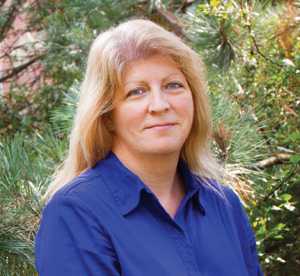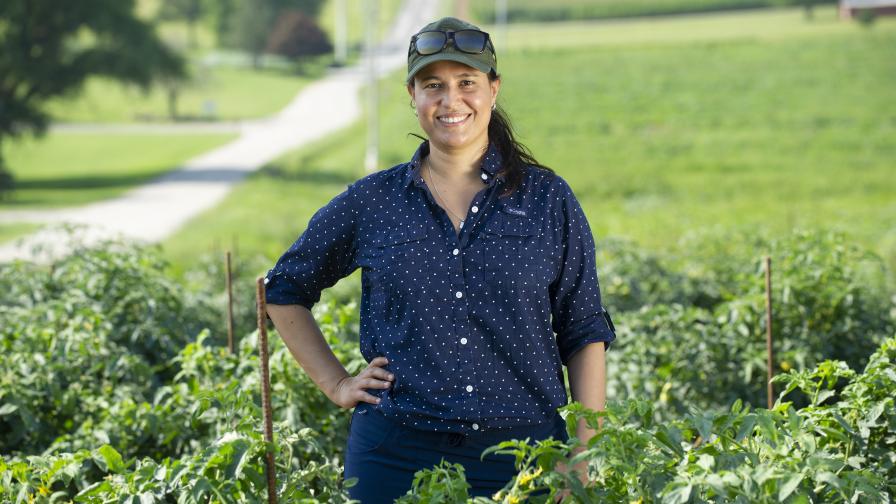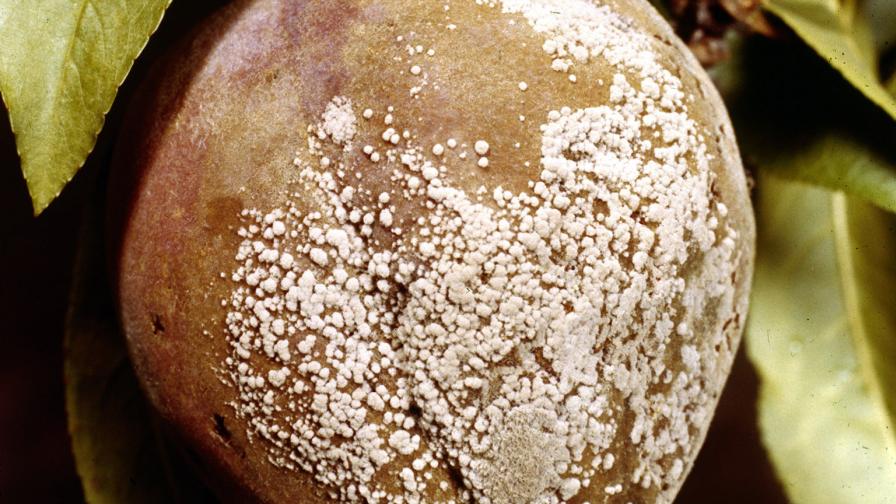Envision A Sustainable Future

Rosemary Gordon
It was about a year ago when I came across a story discussing yet another health benefit of broccoli. We already know this vegetable is designated as just about the “perfect” food, but its benefits reach beyond simply consuming it. This time, it was about a compound in the superfood, sulforaphane, that may help reduce skin cancer.
So imagine my surprise when I came across another article focusing on the benefits of sulforaphane. This time I learned the compound may help those afflicted with a neurological disorder. Specifically, the article focused on the results from a small clinical trial suggesting sulforaphane may help with behavioral symptoms associated with autism.
Obviously this is far from a victory over autism, but it sounds like these scientists are on to something. This new research also made me think about what you have to go through to produce the broccoli, or any other vegetable for that matter, and get it to market in the first place. The research you do is different from those looking to help with autism symptoms or stopping skin cancer, but it is necessary just the same.
So much of what you do to grow specialty crops goes way beyond your day-in-and-day-out battles with Mother Nature. Many of you are dealing with water issues, labor shortages, rising costs, pest problems, and making sure you are in compliance with food safety laws and other regulations. You have to do your homework. It may cost you your business if you don’t.
When I’ve asked some of you where you would like to see your farm 10 or 15 years from now, many say: “I’d like to still be in business and making a profit,” which is basically the definition of sustainability.
To remain in the black, many have turned to implementing various sustainability practices, which involve preserving resources and increasing efficiencies. Oftentimes, you need to figure out how to produce a crop using fewer inputs and less water, implementing precision technology, etc.
For those of you interested in additional information in this area, be sure to check out what USDA’s SARE (Sustainable Agriculture Research and Education) program has to offer. This program may have answers to some of your questions, and it also has grant money available that can be used to fund projects that will help you achieve your sustainability goals.
The mission of the program, according to Andy Zieminski, SARE Outreach communications manager, is to advance innovations that improve profitability, stewardship, and quality of life for all growers.
Like the scientists working on new uses for the compound in broccoli, the process to becoming more sustainable begins with research. The end result will be an operation that is producing vegetables for many generations come.










